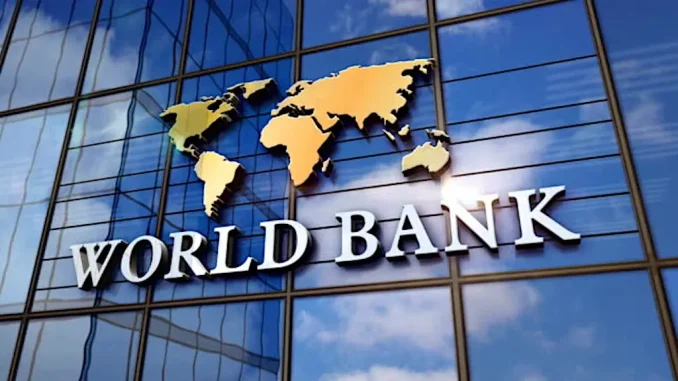
Seventeen African countries have formally endorsed new reforms and action plans aimed at expanding electricity access to millions under the “Mission 300” initiative, a bold energy push spearheaded by the World Bank Group and the African Development Bank (AfDB).
The countries signed on to the initiative during the Bloomberg Philanthropies Global Forum held in New York on Wednesday, marking a major milestone in the continent’s drive to accelerate energy access and economic growth.
The Energy Compacts, tailored to each country’s energy needs and policy environment, were signed by Benin, Botswana, Burundi, Cameroon, Comoros, Republic of Congo, Ethiopia, Gambia, Ghana, Guinea, Kenya, Lesotho, Mozambique, Namibia, São Tomé and Príncipe, Sierra Leone, and Togo.
According to the World Bank, these newly adopted energy blueprints are designed to guide government spending, initiate crucial policy reforms, and attract large-scale private investment into national electricity networks.
“Electricity is the bedrock of jobs, opportunity, and economic growth,” said World Bank President, Ajay Banga, in a statement. He emphasized that Mission 300 goes beyond targets, it aims to lower energy costs, strengthen utility performance, and unlock investment potential across the continent.
So far, the World Bank reports that 30 million people have already gained electricity access through the initiative, with another 100 million connections in progress.
Several African heads of state and senior officials used the platform to reaffirm their commitment to energy inclusion, sustainability, and economic development:
- Botswana‘s President Duma Boko promised reliable and affordable energy as a basic national service.
- Cameroon‘s President Paul Biya endorsed renewable energy as a pathway to universal access.
- Comoros‘ President Azali Assoumani vowed full electricity access for all citizens by 2030.
- Republic of Congo‘s President Denis Sassou Nguesso called on investors to tap into the country’s vast hydro potential for regional energy exports.
- Ethiopia‘s President Taye Atske Selassie stressed the importance of regional energy cooperation and renewable energy expansion.
- Gambia‘s President Adama Barrow pledged to scale up renewables and strengthen governance in the energy sector.
- Ghana‘s President John Mahama highlighted universal access as key to poverty reduction and inclusive growth.
- Guinea‘s President Mamadi Doumbouya committed to delivering clean, reliable energy for industrial and mining growth.
- Kenya‘s President William Ruto reiterated the country’s pledge to achieve 100% clean energy by 2030 as part of its economic transformation agenda.
- Lesotho‘s Prime Minister Sam Matekane described renewable energy access as a national pride project.
- Mozambique‘s President Daniel Chapo stated that the country is on track to meet its targets and become a regional energy hub.
- Sierra Leone‘s President Julius Maada Bio called the compact the most ambitious energy roadmap in the country’s history.
- Togo‘s President Faure Gnassingbé pledged universal, clean, and affordable power to drive industrialisation.
- São Tomé and Príncipe‘s Prime Minister Américo dos Ramos revealed plans to raise $190 million from private investors to fund energy projects.
- Burundi‘s Foreign Minister Edouard Bizimana advocated for strong private sector engagement to achieve widespread electricity and clean cooking access.
These 17 countries join a growing list of African nations that have already endorsed similar energy compacts. Earlier in 2025, Chad, Côte d’Ivoire, DR Congo, Liberia, Madagascar, Malawi, Mauritania, Niger, Nigeria, Senegal, Tanzania, and Zambia committed to the initiative.
The energy compacts under Mission 300 are designed to reflect each nation’s infrastructure challenges, financing needs, and reform capacity, ensuring that progress toward universal energy access is both inclusive and sustainable.
The initiative seeks to deliver life-changing electricity access to 300 million Africans by 2030, a critical goal in a region where over 600 million people still live without reliable power. Leaders say achieving this goal will unlock massive economic potential, drive industrialisation, create jobs, and improve quality of life.
“Reliable, affordable power is the fastest multiplier for small and medium businesses, digital entrepreneurs, and farmers,” said AfDB President, Dr. Sidi Ould Tah. “Give a young entrepreneur power, and you’ve given them a paycheck.”
Be the first to comment